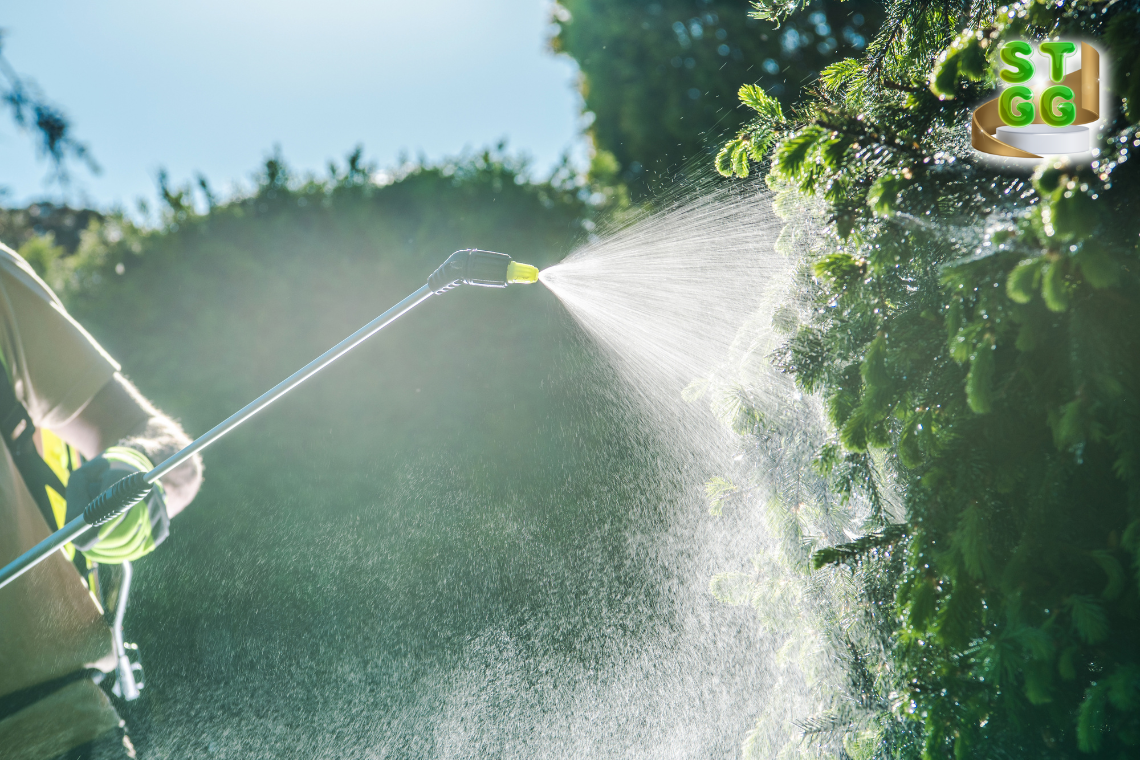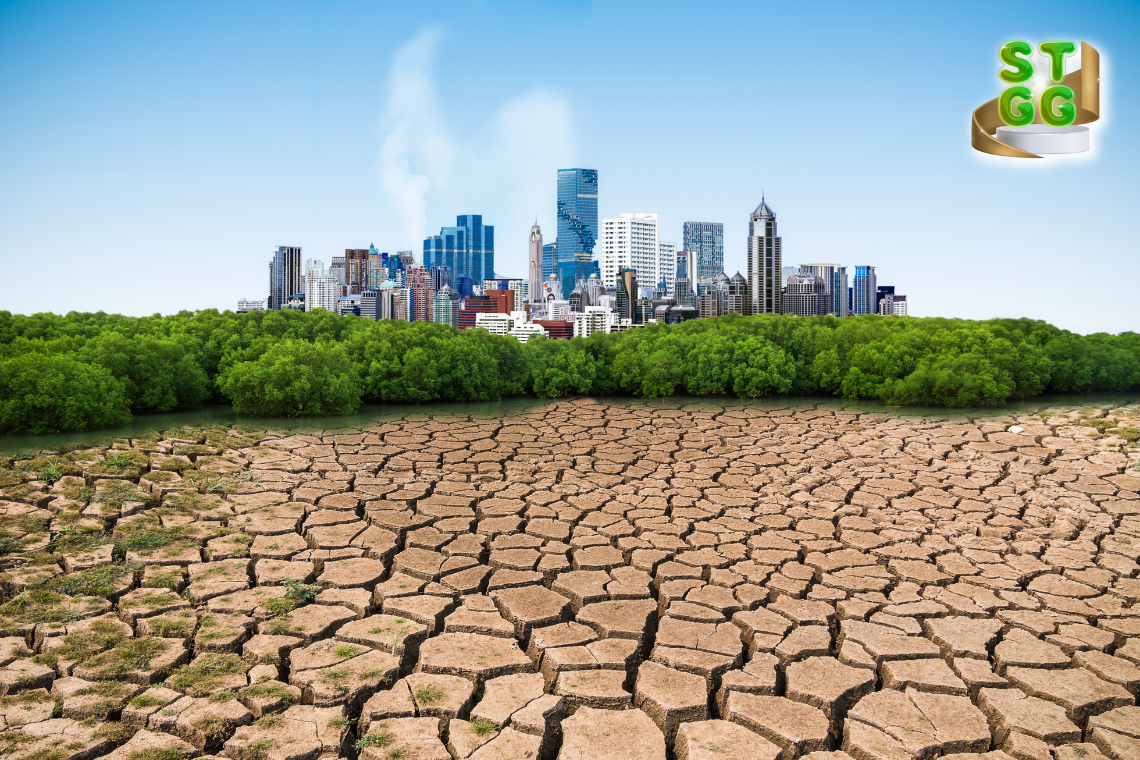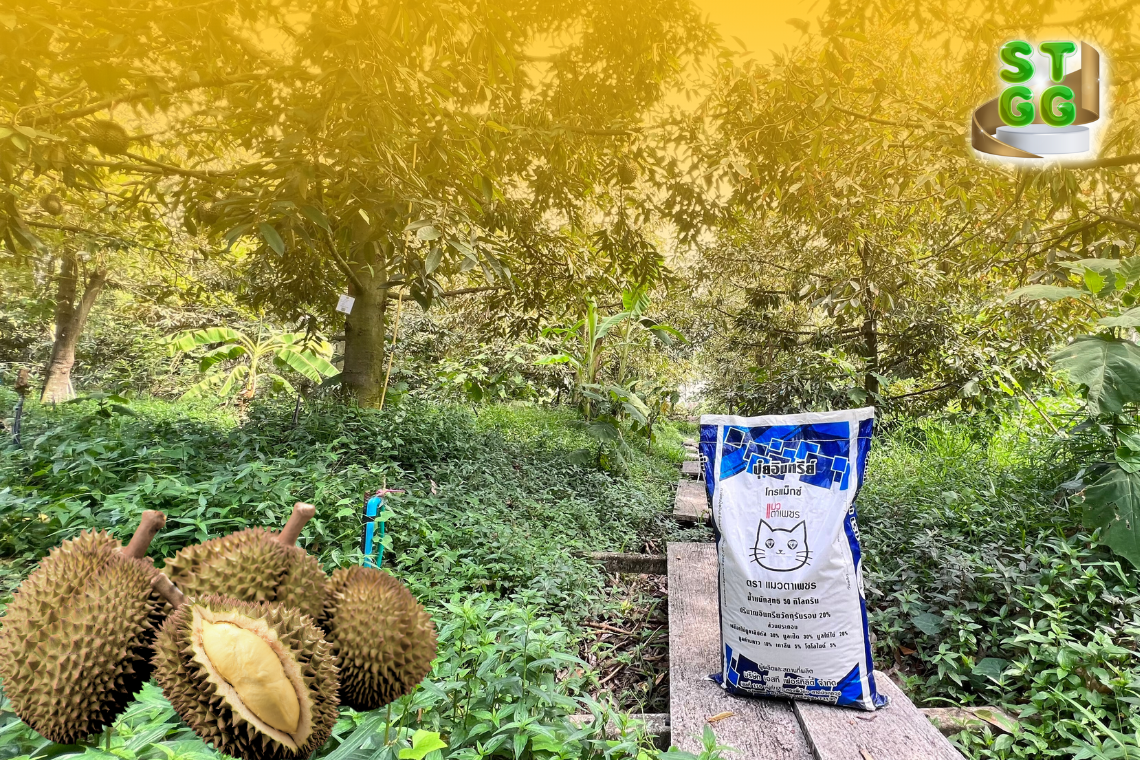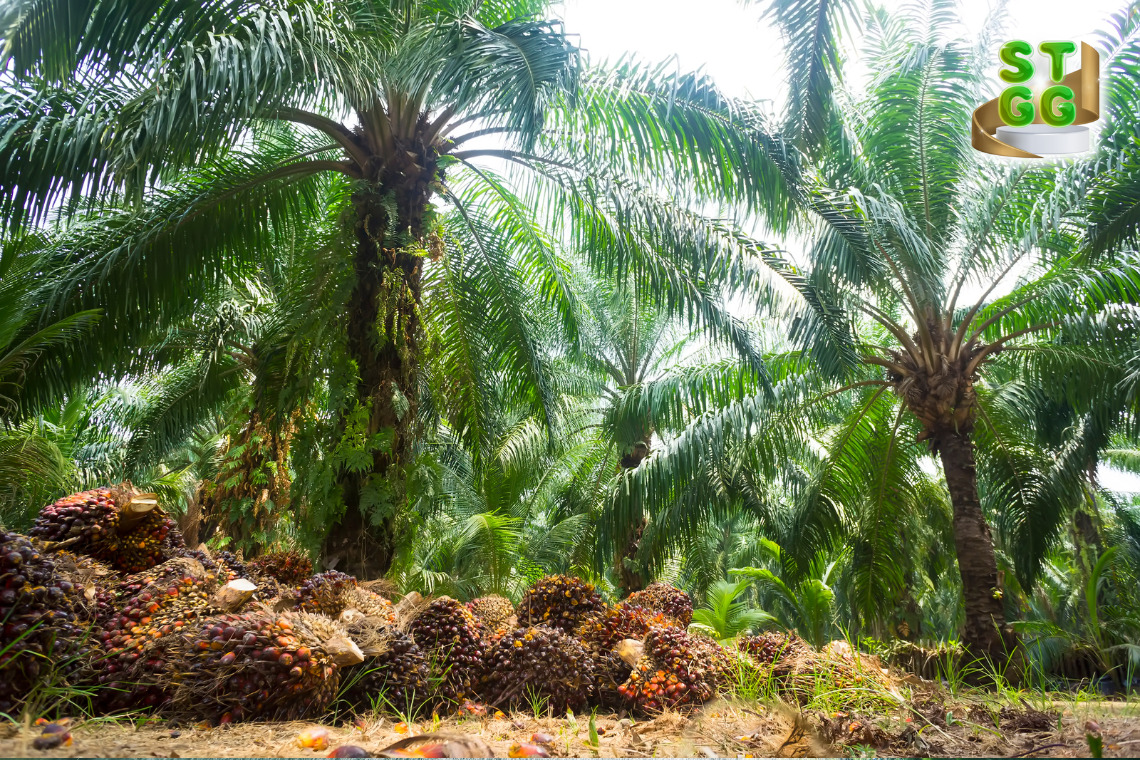Global warming!! Organic fertilizers can help.
1759 Views |

Agriculture that continuously uses chemical fertilizers Including the use of chemical pesticides, insecticides, herbicides, fungicides without thinking about microorganisms that are beneficial to plants in the soil. making the soil that used to be fertile back to deteriorate Resulting in various soil problems, especially dense soil, hard top soil, resulting in poor drainage and air. The soil is highly acidic and has a low pH, which is the source of various soil plant diseases. In addition, organic matter and humus that are useful in the soil are reduced. or almost gone

use of chemical fertilizers affect global warming Especially the release of nitrogen oxides into the atmosphere, this gas will destroy the ozone layer. which helps absorb and filter out infrared light waves when the ozone layer decreases Radiation from the sun reaching the earth will increase. cause global temperature to warm greenhouse effect and climatic fluctuations global warming crisis sea level rise and has widespread impact

The world is facing dangers from global warming. In addition, during this time, Thailand was aggravated by the El Niño phenomenon. That will cause less rain and intermittent rain until it damages the farmland. Especially outside the irrigated area, there will be a lack of water and the extremely hot weather will cause plants to dehydrate or be burned to death by heat. And choose plants that are heat tolerant, drought tolerant and use less water. Another approach that we recommend is The use of organic matter in the soil or cover the soil to reduce the evaporation of water. Soils with high organic matter will conserve water. and help reduce heat from the ground surface Organic matter also helps to make the soil loose. Helps plant roots grow wider and deeper. Improves the ability to find groundwater better than usual. This may be enough to support the life of plants to endure longer to some extent and wait for the rain to help.

For example, a 6-year-old durian tree has always been using Cat Ta Petch brand organic fertilizer. The roots, stems, and leaves are perfect. The soil is good. For durian, which is a plant with a weak root system But need a lot of water and fertilizer. And durian trees, which farmers buy in bags to plant, often do not have a taproot (already cut off), so they have to plant the soil at a high hump to keep the soil loose. The water is not stagnant, but there must be a water pipe system to help. Because there are not enough roots to absorb natural water. So we have to create enough roots to grow. And organic fertilizers are the most suitable for cultivating durian roots in young durians (1-4 years old). Using too much chemical fertilizers will cause the soil to become salty, the roots will be damaged and the roots will be less rooted.

Planting perennial plants such as fruit trees, rubber trees, palm trees, which we cannot help till the soil every year like a biennial plant. Therefore, the soil will press more and more firmly. make root stabbing and more difficult to absorb water and fertilizers. Often, it is also considered automatic soil shoveling by microorganisms and earthworms that feed on organic matter. This causes the soil to become porous and the soil will always be fertile.



